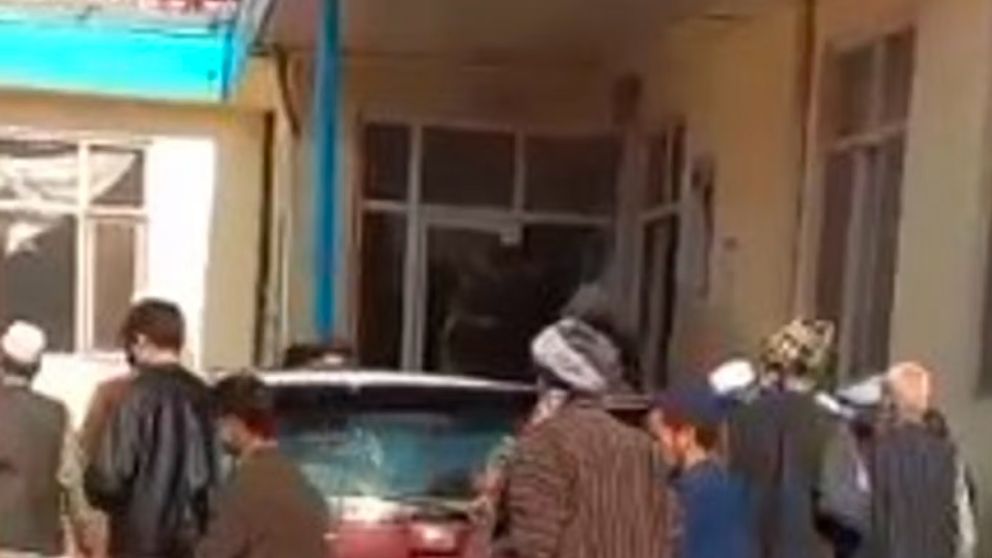UNAMA’s current mandate is set to expire on March 17 of this year
The United Nations Security Council members are discussing draft resolutions for extending the mandate of the United Nations Assistance Mission in Afghanistan (UNAMA).
The Security Council stated in a release that two drafts have been prepared for extending UNAMA’s mandate: one drafted by the United States and South Korea, and the other by China and Pakistan.
UNAMA’s current mandate is set to expire on March 17 of this year.
The UN Security Council’s statement reads: “Council members are likely to discuss two alternative draft resolutions on the mandate of the UN Assistance Mission in Afghanistan (UNAMA), which expires on 17 March.”
“If the United Nations and major countries want to stay informed about the situation in Afghanistan, their office in Kabul [UNAMA] must remain open, and extending this mandate is essential. This way, they can stay informed about Afghanistan’s conditions and also provide humanitarian assistance to the Afghan people,” said Salim Paigir, a political analyst.
The UNAMA office in Afghanistan aims to promote human rights, gender equality, facilitate negotiations, promote regional cooperation, coordinate humanitarian aid, and support climate action efforts.
“The Security Council members must set aside internal differences and adopt a unified stance on Afghanistan, focusing on how to help Afghanistan overcome its current situation,” said Edris Mohammadi Zazai, another political analyst.
Previously, an American organization reported tensions between China and the United States over which country should take responsibility for Afghanistan’s file at the UN Security Council. According to the report, these disagreements have led to a deadlock in finalizing the draft resolution for extending UNAMA’s mandate.
 Afghanistan Peace Campaign
Afghanistan Peace Campaign


